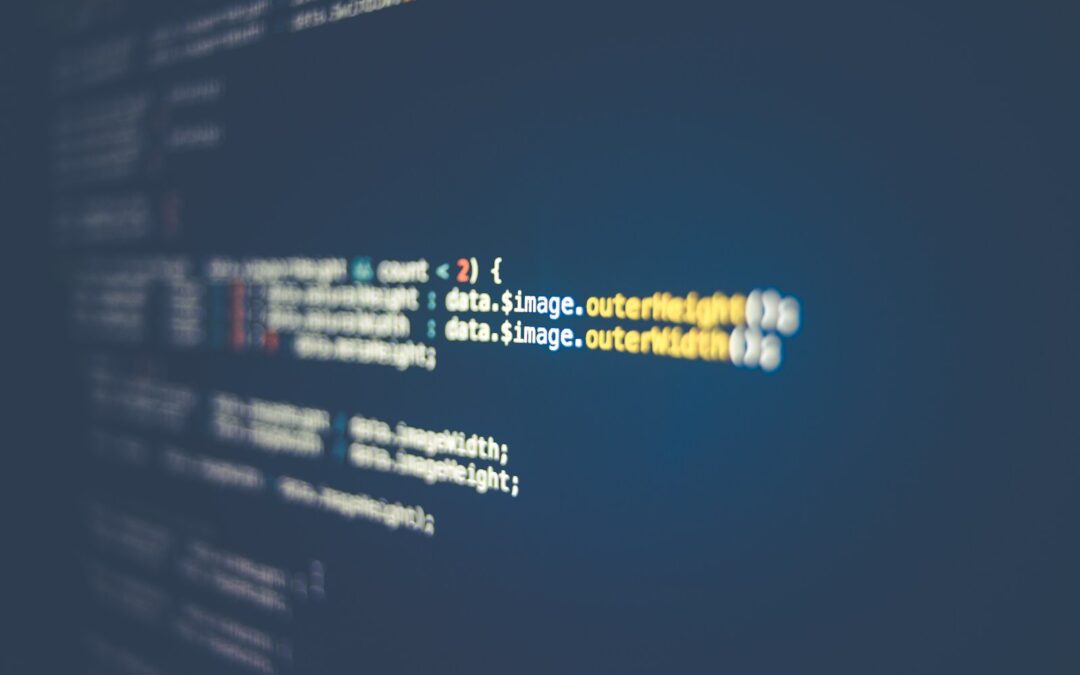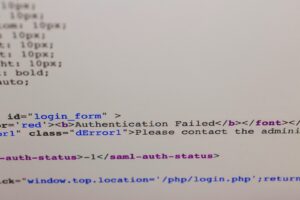Protecting Individual Privacy in Riyadh and Dubai’s IoT Networks
The Role of Generalization Techniques in IoT Data Privacy
The proper application of generalization techniques in IoT data sets is crucial for protecting individual privacy, especially in regions like Riyadh and Dubai, where the adoption of IoT technologies is accelerating across various sectors. As IoT devices collect vast amounts of data, including sensitive personal information, the risk of privacy breaches increases. Generalization, a data anonymization technique, helps mitigate this risk by abstracting specific data points into broader categories, thereby reducing the likelihood that individuals can be identified from the data.
In Riyadh, where smart city initiatives and IoT-driven healthcare solutions are rapidly expanding, the need to protect individual privacy is more important than ever. Generalization techniques can play a key role in ensuring that the data collected by IoT devices is used responsibly and securely. By transforming detailed data into more generalized forms, organizations can minimize the risk of privacy violations while still leveraging the valuable insights that IoT data provides. This is particularly critical in healthcare, where sensitive patient data must be protected to comply with privacy regulations and maintain public trust.
Dubai, with its advanced smart city infrastructure, faces similar challenges in balancing the benefits of IoT with the need for robust data privacy measures. The vast amount of data generated by IoT devices in smart homes, transportation systems, and public services needs to be handled with care to prevent privacy breaches. Generalization techniques provide a practical solution by ensuring that data used for analysis, decision-making, and other purposes is anonymized and secure. By adopting these techniques, Dubai can continue to innovate and lead in smart city development while safeguarding the privacy of its residents.
Best Practices for Implementing Data Generalization in IoT Networks
To effectively protect privacy through data generalization, organizations in Riyadh and Dubai must follow best practices that ensure the secure and responsible use of IoT data. These practices involve selecting appropriate generalization methods, integrating them into data processing workflows, and continuously monitoring and refining the approach.
One of the most critical best practices is choosing the right generalization method based on the specific context and type of data being handled. In Riyadh, businesses and public services should assess the sensitivity of the data they collect and select generalization techniques accordingly. For example, data from IoT devices used in healthcare may require more granular generalization to protect patient identities, while data from smart meters may need less detailed abstraction. Techniques such as k-anonymity, where data is generalized until each individual is indistinguishable from at least k-1 others, can be particularly effective in healthcare settings.
Another important practice is integrating generalization techniques into the data processing pipeline from the outset. In Dubai, where IoT data is constantly being collected and analyzed in real-time, it is essential to automate the application of generalization to ensure consistency and scalability. This can be achieved by embedding generalization algorithms into data collection systems, ensuring that data is anonymized before it is stored or shared. Automating this process helps maintain privacy while allowing organizations to efficiently process large volumes of data generated by IoT devices.
Continuous monitoring and adjustment of generalization techniques are also vital for maintaining privacy. In Riyadh, organizations should regularly review the effectiveness of their generalization strategies to ensure they are keeping pace with evolving privacy threats and regulatory requirements. This may involve conducting periodic privacy audits, testing the resilience of anonymized data against re-identification attempts, and updating generalization algorithms as needed. By staying proactive in their approach to data privacy, organizations can ensure that their IoT networks remain secure and compliant with local and international privacy standards.
Balancing Privacy and Data Utility in IoT Networks
While generalization techniques are essential for protecting privacy, they must be carefully implemented to avoid compromising the utility of IoT data. In both Riyadh and Dubai, achieving the right balance between privacy protection and data usability is critical for maximizing the benefits of IoT technologies.
One approach to balancing privacy and data utility is to apply generalization selectively based on the intended use of the data. In Riyadh, for instance, data used for operational purposes may require minimal generalization to retain its accuracy and usefulness, while data intended for public sharing or research might need more extensive anonymization. By tailoring the level of generalization to the specific use case, organizations can ensure that they are protecting privacy without unduly limiting the value of the data.
Another important consideration is the potential for data re-identification. Even when data is generalized, there is always a risk that individuals could be re-identified if the data is combined with other information. In Dubai, where data from multiple IoT sources may be aggregated for analysis, it is essential to assess the risk of re-identification and apply additional privacy-enhancing techniques as needed. This could include adding noise to the data, reducing the granularity of location information, or applying differential privacy techniques that provide mathematical guarantees against re-identification.
Executive coaching services can also support leaders in Riyadh and Dubai in navigating the complexities of data generalization and privacy protection. Coaches can provide insights into best practices for data privacy, help leaders understand the implications of different generalization techniques, and guide the development of policies that balance privacy with data utility. By fostering a culture of privacy awareness and proactive data management, executive coaching can help organizations protect individual privacy while fully leveraging the potential of IoT technologies.
In conclusion, ensuring the proper application of generalization techniques in IoT data sets is essential for protecting individual privacy in Riyadh and Dubai. By following best practices for selecting, implementing, and monitoring generalization methods, organizations can safeguard the privacy of their data while still benefiting from the insights that IoT provides. Balancing privacy with data utility is key to achieving this goal, ensuring that IoT technologies continue to drive innovation and improve quality of life in these forward-thinking regions.
—
#IoTDataPrivacy #DataGeneralization #SmartCities #AIinIoT #BlockchainInIoT #DubaiTech #RiyadhInnovation #BusinessLeadership #ExecutiveCoaching #ModernTechnology













